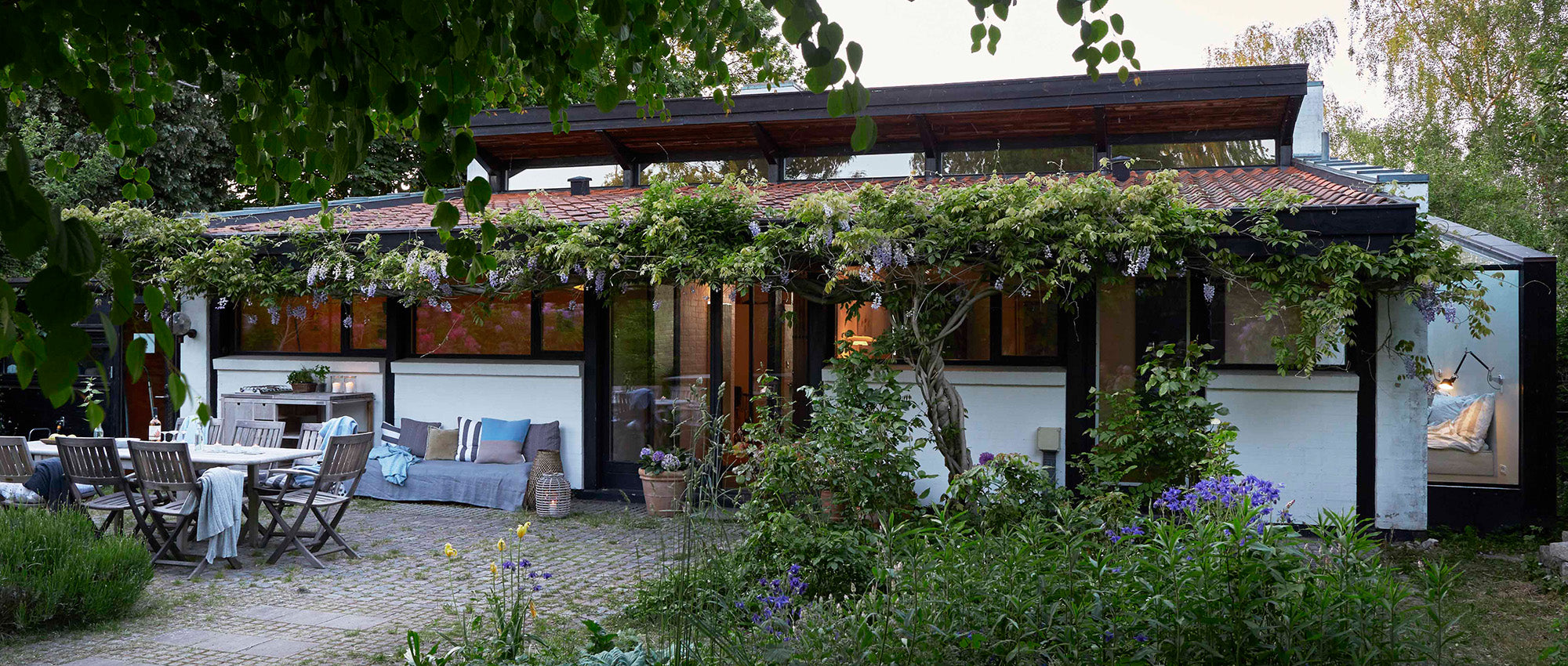Our production
Nepal

Nepal has a population of 39 million people.
The Nepali country, people and culture have always been fascinating. Giving us a glimpse of natural magnificence, true moments of spiritual tranquillity and the possibility of empowering gender equality, we love working in this beautiful country.
Nepal is made of Gods and Goddesses, temples and palaces, arts and crafts, music and war history. However, there is one skill, which is common in every quarter, and that is 'hands of skilled workers'. At CARE BY ME, we wished to combine this craftsmanship with our Danish design roots.
In the Kathmandu Valley, centuries-old traditional artisan skills continue in our small workshops where we do knitting on needles by hand, knitting on old-fashioned manual knitting machines, and weaving, both manually and semi-automatically.
CARE BY ME wishes to educate young women to become independent and to be able to take care of themselves.
India



India has a population of 1.33 billion people.
The origins of cotton production and use go back to ancient times. The first evidence of cotton use was found in India and Pakistan, and dates from about 6,000 BC.
It was only in the 1st century AD, when Arab traders brought their cotton products to Italy and Spain, that the fiber was introduced in Europe. During the late medieval time, cotton also became known in northern Europe.
India is a land of diversity in all manners. From culture, economy, to even the landscape of India - diverse elements, all on one landmass. The wide range of physical features of India makes the country a fascinating destination. In fact, India has every possible landscape found on earth. From cold mountains, arid deserts, vast plains, hot and humid plateaus, wide sea shores to tropical islands - the physical features of India cover every terrain.
CARE BY ME works with a 3rd Generation family business in India. The great grandfather started with 3 handlooms and 4 technicians, which has handled job orders for domestic supply since 1972. Today, the factory is both GOTS and Fairtrade certified. They also have a very impressive program encouraging workers by rewarding those whose children do well in school – they actually receive a bonus for this.
Denmark



Danish design is known all over the world, with Denmark leading the world in the design field for decades. From Danish furniture to Danish fashion and Danish toys, Denmark continues to produce world-renowned design classics.
Danish Design is a style of functionalistic design and architecture that was developed in mid-20th century. Influenced by the German Bauhaus school, many Danish designers used the new industrial technologies, combined with ideas of simplicity and functionalism to design buildings, furniture and household objects, many of which have become iconic and are still in use and production. Prominent examples are the Egg chair, the PH lamps and the Sydney Opera House (Australia).
Starting in the 1950s with design legends such as Arne Jacobsen and Hans Wegner, the Danish design tradition has developed into a strong international brand. Scandinavian and, in particular, Danish design has become synonymous with timeless style.
Another fundamental aspect of Danish culture is "hygge". Hygge, meaning 'snug', is a concept that evokes "coziness", particularly when relaxing with good friends or loved ones and while enjoying good food.
The above picture shows our founder Camilla’s home, that is an architectural gem set in a quiet residential neighborhood, with excellent access to nature and direct access to the lake.
Our CARE BY ME head office is located in Copenhagen, and houses our management team and design studio, sales and marketing office.





